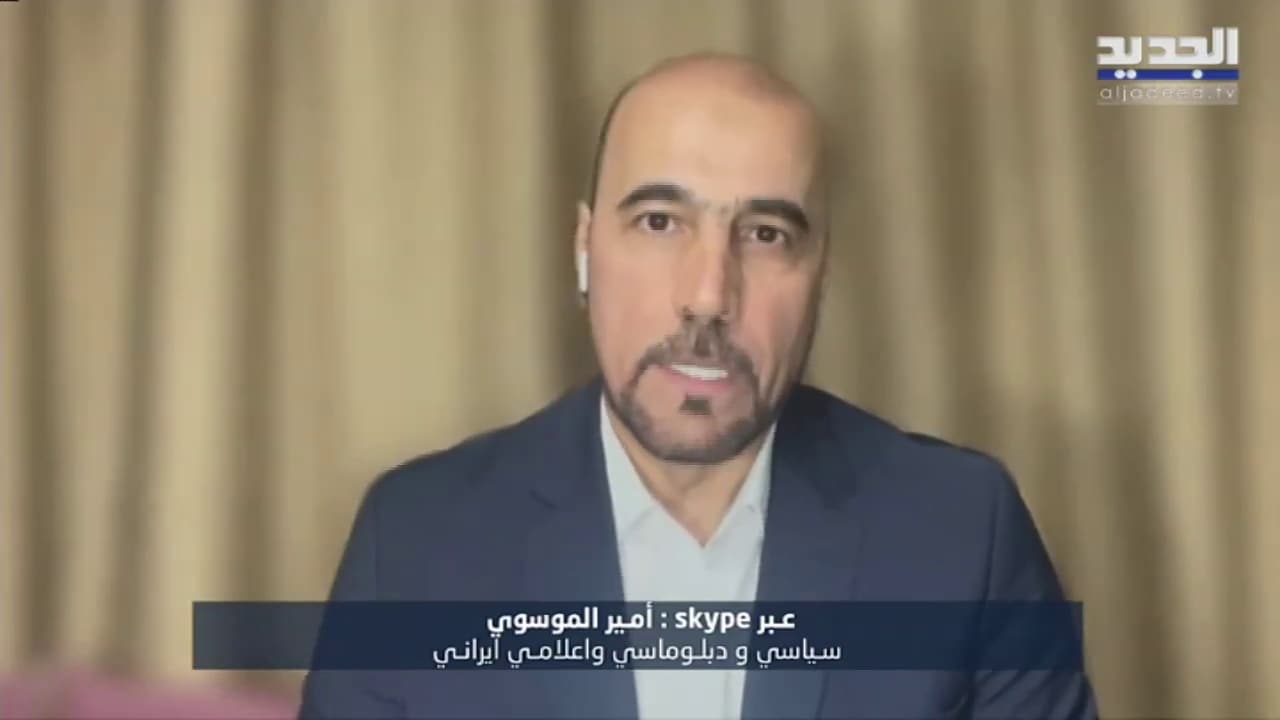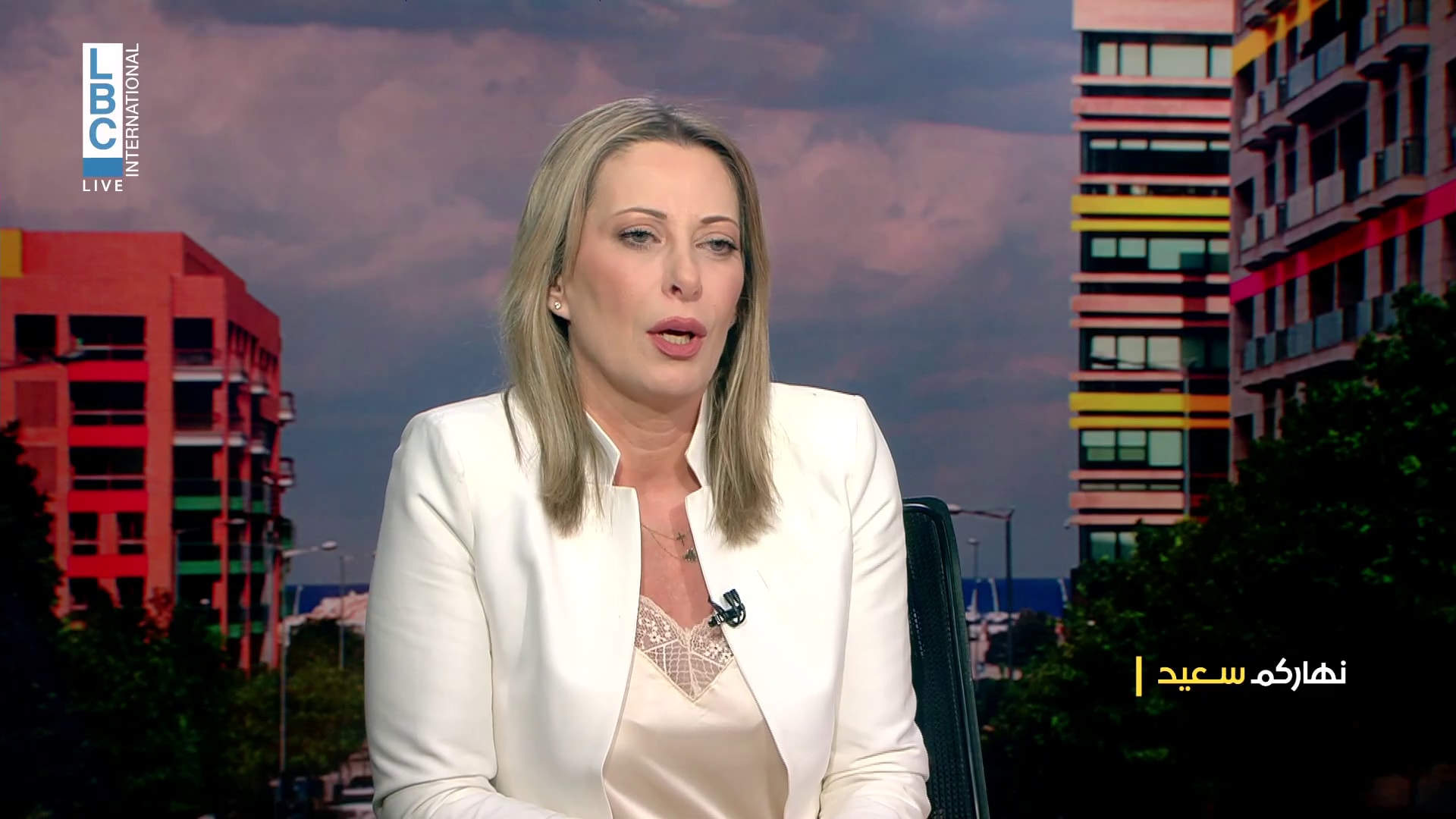
Lebanese Foreign Minister Gebran Bassil said in an August 5, 2019 interview on Euronews TV (France) that while the Lebanese government's partnership with Hizbullah has taken a toll on Lebanon's relations with the West, it has helped Lebanon gain internal stability and maintain national unity. He explained that Hizbullah is part of Lebanon's political landscape and that it is not just an armed militia, and he said that the Lebanese government cannot consider the roughly 33% of Lebanese people who support Hizbullah to be terrorists. He continued to explain that Lebanon's relationship with Hizbullah helps protect Lebanon from foreign attacks and from terrorism, and that the only alternative to this partnership would be a civil war. Bassil then said that the actions of the Lebanese government are actually for the benefit of Europe and the entire world because they are preventing terrorism from spreading.
Following are excerpts:
Gebral Bassil: We have paid a price [for our partnership with Hizbullah], both in the support of our public and in our relations with Western countries. However, Lebanon has gained internal stability, and we have managed to maintain our national unity. This is because, ultimately, Hizbullah is an important component [of Lebanon]. It has participated in the elections, and it has MPs and ministers. It is not just an armed group or a political group, and it is present in all classes and layers. No [country] could put itself in our place and consider one third of its own people to be terrorists. This is according to the results of the elections. We want to defend Lebanon from any foreign attack – whether by Israel or by terrorists – and we want to protect our national unity. We are trying not to let anything hurt Lebanon as a result of the sanctions. In Lebanon, the only alternative is civil war.
[…]
Lebanon needs stability in order to remain a place of peace, of dialogue, of openness, and of accepting others. We need tolerance in order to face terrorism. Otherwise, we will turn Lebanon into a new den of terrorism, which would spread from here to Europe and the whole world.
[…]
Lebanon's policy is to stay away from regional problems. We cannot be completely neutral, since terrorism has entered here, and since we have Palestinian refugees here as a result of the Arab-Palestinian crisis. But Lebanon does not want to meddle in the problems of others so that others do not meddle in our problems. Lebanon protects itself and helps resolve problems rather than create them. If we fail here in Lebanon, the crisis will move on to Europe. There cannot be terrorism and extremism in Lebanon without it spilling into Europe. We are connected. What Lebanon is doing is to protect Europe.













